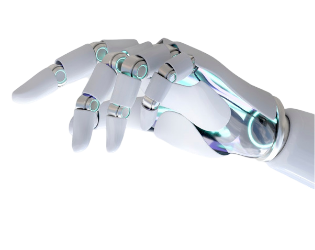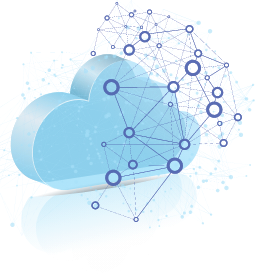Here’s a breakdown of how AI can be integrated into software services for sustainability and cost efficiency


AI-driven Automation
AI can automate repetitive and time-consuming tasks, reducing the need for human intervention and streamlining processes. Automation tools can reduce operational costs and improve efficiency by enabling systems to perform tasks like data entry, customer support (via chatbots), and supply chain management.


Cloud-based Solutions for Scalability
By leveraging cloud computing, businesses can reduce the cost of infrastructure, only paying for what they need. AI can optimize cloud resource allocation and performance, ensuring that cloud resources are used efficiently, minimizing energy consumption and operational costs.

Energy Efficiency
AI can be used to optimize energy consumption in data centers, buildings, or transportation systems. By using AI for demand forecasting, predictive maintenance, and real-time optimization, businesses can achieve better energy efficiency and lower utility costs.

Data Analytics for Decision Making
AI-driven analytics provide real-time insights, enabling businesses to make informed decisions that enhance performance, minimize waste, and reduce costs.

AI in Sustainability Reporting
AI tools can help companies track their carbon footprint, waste, and sustainability efforts, automating reporting processes and providing more accurate insights. This can assist organizations in complying with sustainability regulations and finding areas for improvement.

Improved Customer Experiences at Lower Costs
AI enhances customer experience through personalized recommendations, automated support, and proactive engagement — reducing support costs while improving satisfaction.



Sustainable Software Development Practices
Sustainable software development incorporates energy-efficient coding practices, software lifecycle management, and low-carbon infrastructure. AI can identify optimization areas to reduce performance bottlenecks and energy consumption.

Cost-effective AI Solutions
AI can be integrated into software services using open-source frameworks and pre-trained models, drastically reducing development costs and environmental impact.

Circular Economy Integration
AI supports the shift to a circular economy by optimizing resource reuse, reducing waste, and tracking product lifecycles to ensure efficient resource use.
Your cart (0 Items)
No Products in the Cart
Continue Shopping


